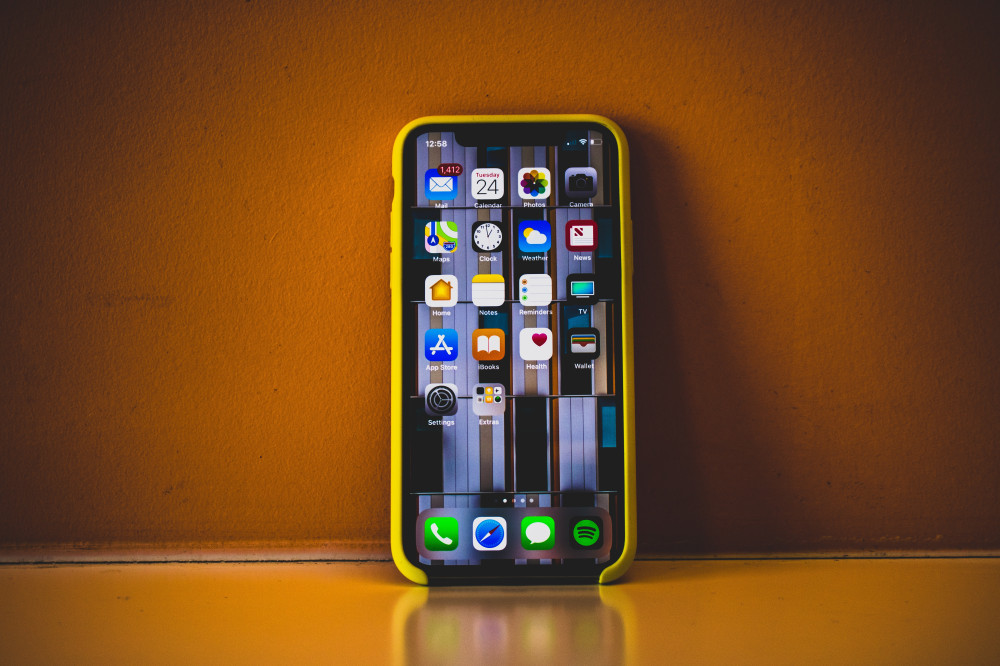
In today's fast-paced digital world, mobile devices have become an integral part of our daily lives. With the majority of people relying on their smartphones and tablets for information, communication, and entertainment, businesses have recognized the immense potential of mobile marketing. Mobile marketing refers to the strategies and techniques employed to reach and engage with consumers on their mobile devices. This article explores the significance of mobile marketing, its key components, and how businesses can leverage this powerful tool to drive growth and connect with their target audience.
The rise of mobile devices has been nothing short of revolutionary. With the increasing affordability and availability of smartphones and tablets, people have become increasingly reliant on these devices for various activities. According to Statista, there are over 5.27 billion unique mobile phone users worldwide, and this number is expected to grow in the coming years. Mobile devices have become the primary gateway to the digital world, providing instant access to information, social media, shopping, and more.
Mobile marketing offers businesses unparalleled opportunities to engage with their audience. Here's why it has become a vital component of any comprehensive marketing strategy:
Ubiquity and Accessibility: Mobile devices are ubiquitous, and people carry them wherever they go. This constant accessibility allows businesses to connect with consumers at any time, delivering personalized and timely messages.
Increased Engagement: Mobile marketing enables businesses to engage customers in a more interactive and immersive manner through mobile apps, push notifications, and mobile-optimized websites. This heightened level of engagement can enhance the overall customer experience and drive brand loyalty.
Location-Based Targeting: Mobile devices have GPS capabilities, allowing businesses to leverage location-based targeting. By delivering relevant offers and messages based on a user's location, businesses can provide hyper-localized experiences and drive foot traffic to physical stores.
Enhanced Personalization: Mobile marketing allows businesses to collect valuable data on user behavior and preferences. With this data, they can deliver highly targeted and personalized content, offers, and recommendations, creating a more tailored experience for each individual user.
Mobile marketing comprises various components that work together to create an effective strategy:
Mobile Apps: Developing a mobile app tailored to your target audience can provide a seamless and immersive brand experience. Apps can offer features like personalized content, loyalty programs, and in-app purchases.
Mobile-Optimized Websites: With the majority of internet traffic coming from mobile devices, having a mobile-optimized website is crucial. It ensures that users have a positive browsing experience, irrespective of the device they use.
SMS Marketing: SMS marketing involves sending targeted messages directly to users' mobile phones. It can be used to deliver time-sensitive promotions, alerts, or transactional messages.
Mobile Advertising: Mobile advertising encompasses various formats such as display ads, in-app ads, and video ads. Platforms like Google Ads and social media channels provide robust mobile advertising options to reach a wider audience.
Location-Based Marketing: Leveraging GPS capabilities, businesses can deliver location-based offers, personalized recommendations, or real-time updates to users when they are in a specific geographic area.
Mobile Payments: Mobile marketing can also incorporate mobile payment solutions, enabling customers to make purchases directly through their smartphones. This simplifies the buying process, making it more convenient for users.
To make the most of mobile marketing, businesses should consider the following best practices:
Responsive Design: Ensure your website and emails are optimized for mobile devices with responsive design, providing a seamless user experience across various screen sizes.
Personalization: Leverage user data to deliver personalized experiences, recommendations, and offers tailored to individual preferences, increasing engagement and